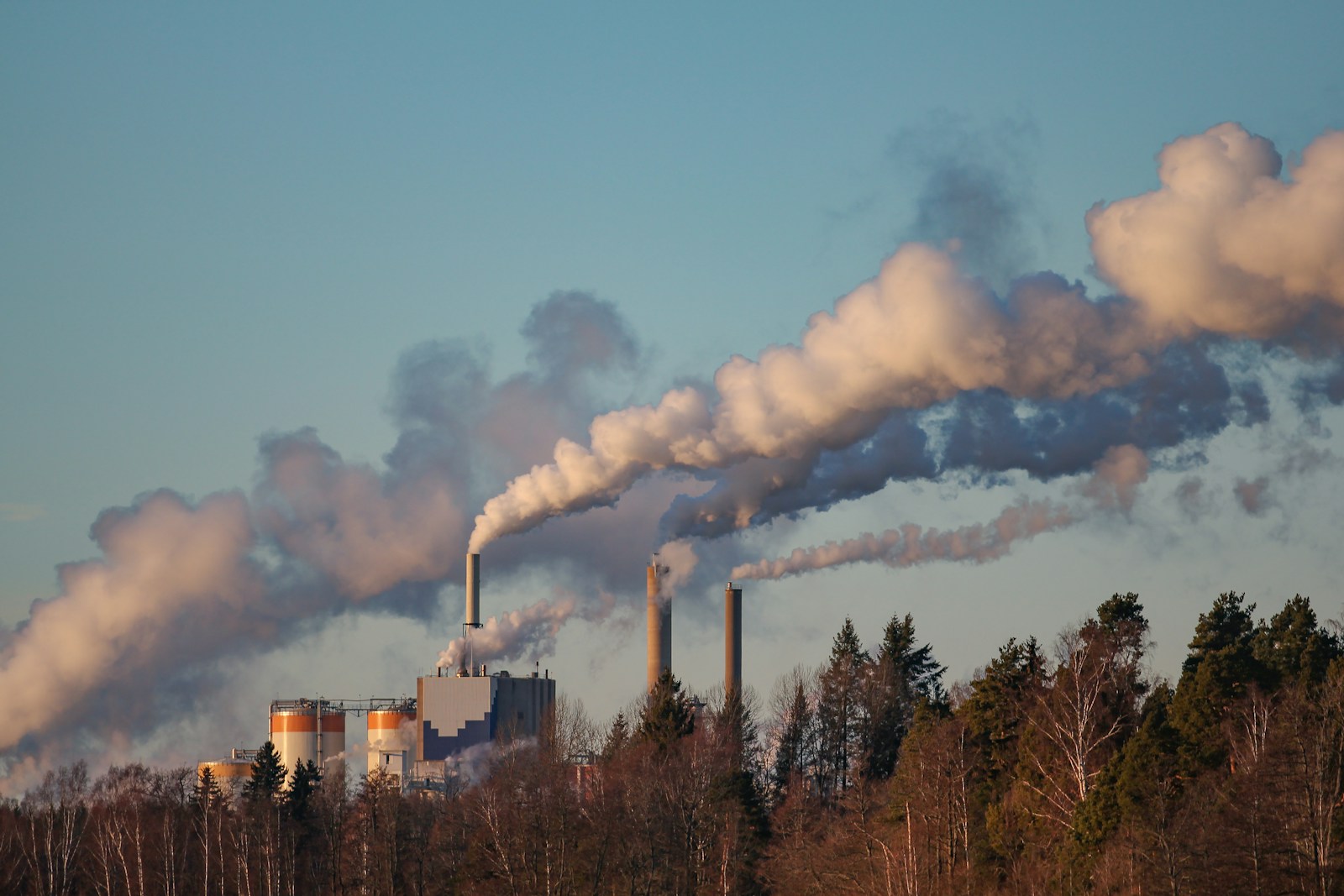Tropical forests play a crucial role in regulating the Earth’s climate by absorbing carbon dioxide from the atmosphere. However, recent studies have shown that these forests are facing substantial carbon loss as humid areas contract. This is a cause for concern, as the loss of these forests could result in a significant increase in global carbon emissions.
Table of Contents
ToggleThe Role of Tropical Forests in Carbon Sequestration
Tropical forests are one of the largest carbon sinks on the planet, with an estimated 50% of all terrestrial carbon being stored in these forests. They absorb carbon dioxide from the atmosphere and store it in their biomass, which includes trees, undergrowth, and soil. This process, known as carbon sequestration, helps to regulate the Earth’s climate by reducing the amount of carbon dioxide in the atmosphere.
The Threat of Deforestation to Carbon Sequestration
However, deforestation and other forms of land use change are threatening the ability of tropical forests to sequester carbon. When these forests are cleared, the carbon stored in the trees and soil is released back into the atmosphere, contributing to global carbon emissions.
Recent studies have shown that even small amounts of deforestation can result in substantial carbon loss. In addition, as the world’s climate changes, humid areas are contracting, leading to further loss of these crucial carbon sinks.

The Consequences of Carbon Loss from Tropical Forests
The loss of carbon from tropical forests has significant consequences for the global climate. As these forests are some of the largest carbon sinks on the planet, their loss results in a corresponding increase in atmospheric carbon dioxide levels. This, in turn, leads to a warming of the Earth’s climate, with potentially catastrophic consequences for life on the planet.
In addition, the loss of these forests also has consequences for local communities, who depend on these forests for their livelihoods. Deforestation can result in soil erosion, decreased water availability, and loss of biodiversity, all of which can have negative impacts on local communities.
Protecting Tropical Forests to Mitigate Carbon Emissions
Given the crucial role that tropical forests play in regulating the Earth’s climate, it is essential that steps are taken to protect these forests. This includes reducing deforestation and promoting sustainable land use practices.
In addition, reforestation and afforestation efforts can help to increase the carbon sequestration potential of these areas. By planting trees and restoring degraded lands, it is possible to capture carbon dioxide from the atmosphere and store it in the biomass of these new forests.
Conclusion
The loss of tropical forests represents a serious threat to the global climate, as these forests play a crucial role in carbon sequestration. It is essential that steps are taken to protect these forests and promote sustainable land use practices, in order to mitigate the consequences of carbon loss and ensure a stable climate for future generations.








1 thought on “The Consequences of Tropical Forest Loss on Global Carbon Emissions”
Pingback: The Importance of Earth's Trees: A Stark Warning to Humanity